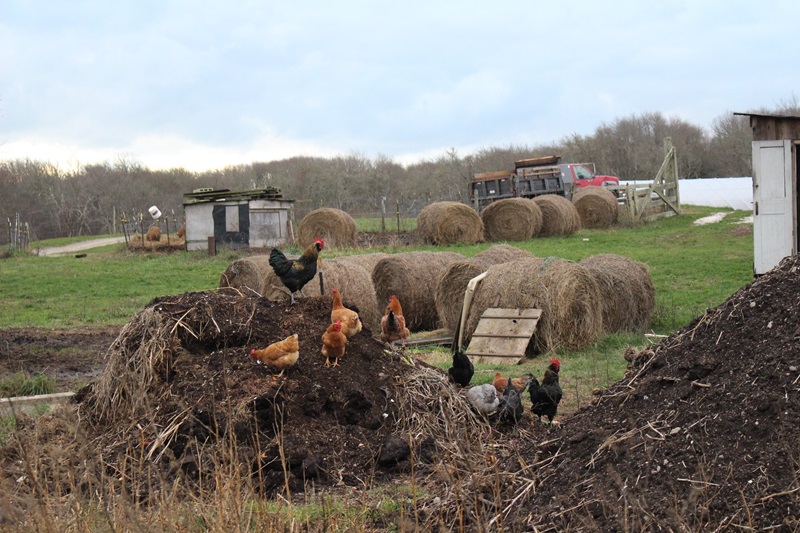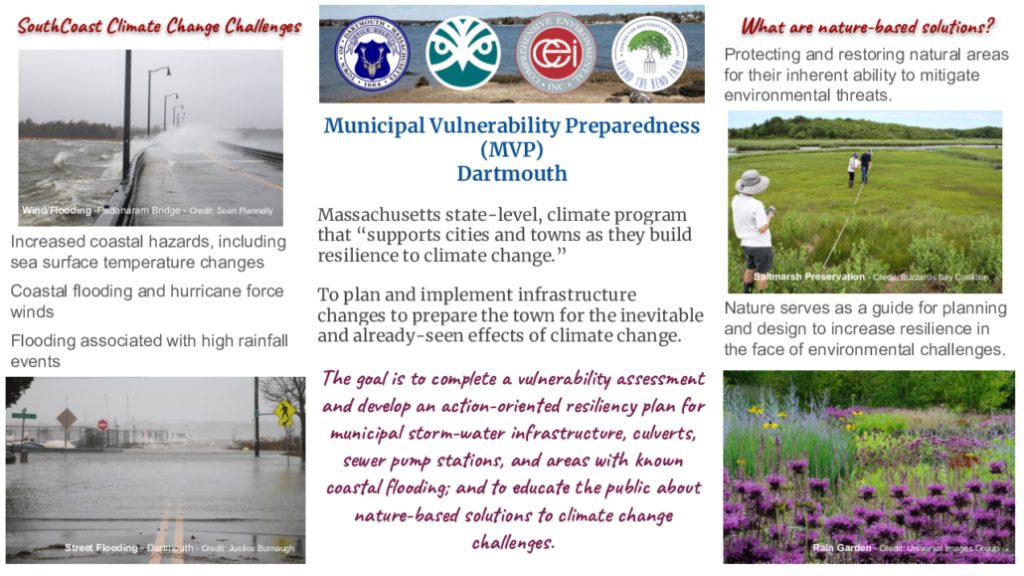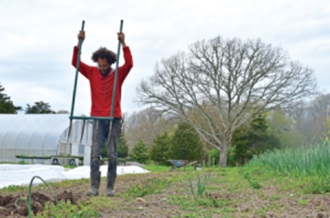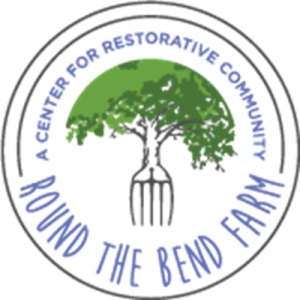RTB is collaborating with the Town of Dartmouth, MA on their Municipal Vulnerability Preparedness Grant (MVP). The MVP Grant is a state-level climate program that “supports cities and towns as they build resilience to climate change.’

Dartmouth is inspecting their most vulnerable town sites that would be affected by climate change – especially in this area where one of those challenges is coastal flooding – and working with Comprehensive Environmental Inc., an engineering firm, to design nature-based, resiliency plans for some of those at-risk sites. Along with the Lloyd Center for the Environment, Round the Bend Farm is working on the education of nature-based solutions that are sustainable – and some can even be done by you!

The Municipal Vulnerability Preparedness Program (MVP) is a Massachusetts state-level, climate program “that supports cities and towns as they build resilience to climate change.”
Funds are provided through this program for cities and towns to plan and implement infrastructure changes to prepare the town for the inevitable and already-seen effects of climate change. The Town of Dartmouth was chosen to participate in this program in July 2023.

The plan consists of contracting with: Comprehensive Environmental Inc. to complete an inspection of at-risk Town sites and design development; the Lloyd Center for the Environment, who are tasked with creating educational curricula to inform and engage the community; and Round the Bend Farm, A Center for Restorative Community (RTB) to disseminate project and educational information, in addition to RTB’s current efforts to engage in climate change resiliency.
The goal of this program is to: complete a vulnerability assessment and develop an action-oriented resiliency plan for municipal storm-water infrastructure, culverts, sewer pump stations, and areas with known problematic coastal flooding; and develop a comprehensive public education program that will serve to educate the general community of Dartmouth, the identified climate vulnerable populations, and the many outside visitors and students who frequent the area.
The project largely focuses on implementing Nature-Based Solutions (NBS) and how regular community members can participate in solutions. NBS are ways that humans can mimic natural processes in developed areas to increase climate resilience.

Round the Bend Farm (RTB), a Center for Restorative Community, located in South Dartmouth, is a 115-acre working farm and educational non-profit. Within the MVP program, RTB acts as an example of NBS actively being used to maintain healthy soils, prevent erosion, enhance waste mitigation, and as a way to achieve other environmentally minded goals.
Examples of their NBS include composting toilets to reduce waste, using grazing animals rather than landscaping tools, and composting, other techniques can be seen in the MVP Info Booklet on page 8.

RTB bases many of its NBS on traditional ecological knowledge. “Indigenous people have been practicing ‘nature-based solutions’ long before the term existed. At RTB, we’ve borrowed and benefited from their wisdom and seek to emulate their ways of inhabiting the Earth.” An example of this is what is known as “Three Sisters” a traditional Indigenous American method of growing corn, beans, and squash together.
“Beans naturally absorb nitrogen from the air and convert it to nitrates, fertilizing the soil for the corn and squash. In return, they are supported by winding around the corn stalks.
The squash leaves provide ground cover between the corn and beans, preventing weeds from taking over the field.
These three plants thrive together better than when they are planted alone,”U.S. Department of Agriculture(External link). Through its work, the farm works to promote appropriate consumption and diversity as a way to support local ecosystems
